WH0005122M2
Monoclonal Anti-PCSK1 antibody produced in mouse
clone 3D2, purified immunoglobulin, buffered aqueous solution
Synonim(y):
Anti-NEC1, Anti-PC1, Anti-PC3, Anti-SPC3, Anti-proprotein convertase subtilisin/kexin type 1
About This Item
Polecane produkty
pochodzenie biologiczne
mouse
białko sprzężone
unconjugated
forma przeciwciała
purified immunoglobulin
rodzaj przeciwciała
primary antibodies
klon
3D2, monoclonal
Postać
buffered aqueous solution
reaktywność gatunkowa
rat, mouse, human
metody
immunohistochemistry (formalin-fixed, paraffin-embedded sections): suitable
indirect ELISA: suitable
indirect immunofluorescence: suitable
western blot: 1-5 μg/mL
izotyp
IgG3κ
numer dostępu GenBank
numer dostępu UniProt
Warunki transportu
dry ice
temp. przechowywania
−20°C
docelowa modyfikacja potranslacyjna
unmodified
informacje o genach
human ... PCSK1(5122)
Opis ogólny
Immunogen
Sequence
GGRRDELEEGAPSEAMLRLLQSAFSKNSPPKQSPKKSPTAKLNIPYENFYEALEKLNKPSQLKDSEDSLYNDYVDVFYNTKPYKHRDDRLLQALVDILNEEN
Postać fizyczna
Informacje prawne
Oświadczenie o zrzeczeniu się odpowiedzialności
Nie możesz znaleźć właściwego produktu?
Wypróbuj nasz Narzędzie selektora produktów.
Kod klasy składowania
10 - Combustible liquids
Temperatura zapłonu (°F)
Not applicable
Temperatura zapłonu (°C)
Not applicable
Środki ochrony indywidualnej
Eyeshields, Gloves, multi-purpose combination respirator cartridge (US)
Certyfikaty analizy (CoA)
Poszukaj Certyfikaty analizy (CoA), wpisując numer partii/serii produktów. Numery serii i partii można znaleźć na etykiecie produktu po słowach „seria” lub „partia”.
Masz już ten produkt?
Dokumenty związane z niedawno zakupionymi produktami zostały zamieszczone w Bibliotece dokumentów.
Nasz zespół naukowców ma doświadczenie we wszystkich obszarach badań, w tym w naukach przyrodniczych, materiałoznawstwie, syntezie chemicznej, chromatografii, analityce i wielu innych dziedzinach.
Skontaktuj się z zespołem ds. pomocy technicznej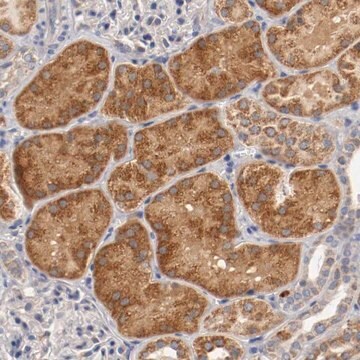
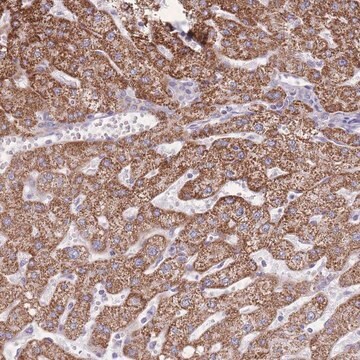
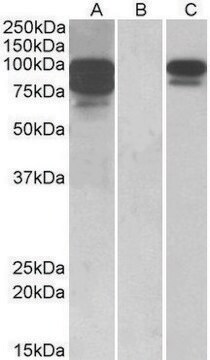
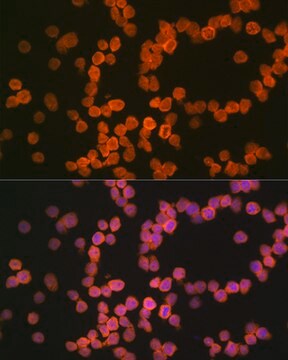

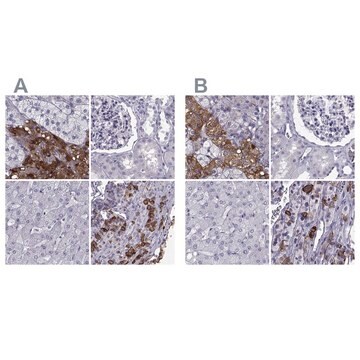
![[KD Validated]Anti-PCSK9 Antibody, clone 9L4U5, Rabbit Monoclonal](/deepweb/assets/sigmaaldrich/product/images/287/260/cdc087a1-d8df-45f5-b520-65479f938aa1/640/cdc087a1-d8df-45f5-b520-65479f938aa1.jpg)


